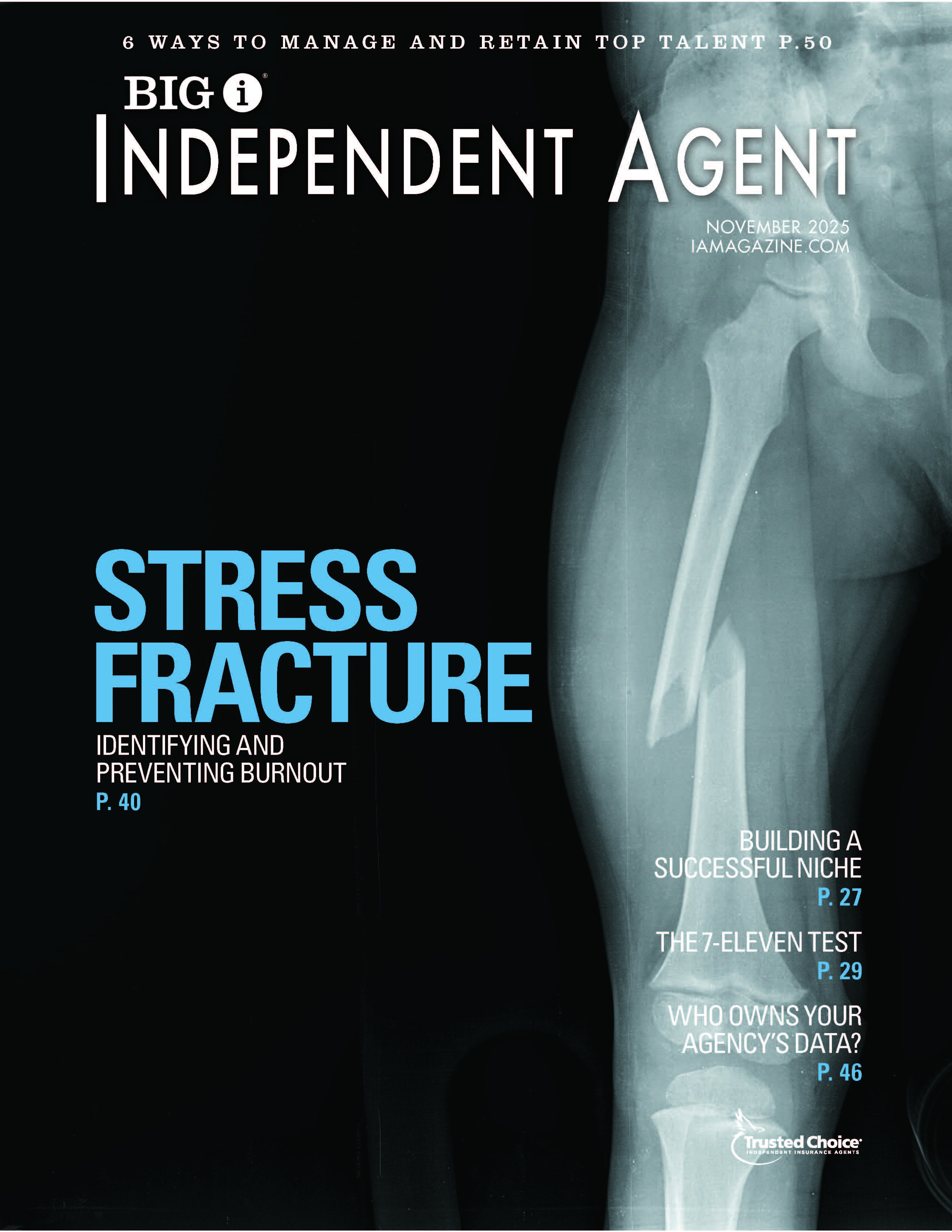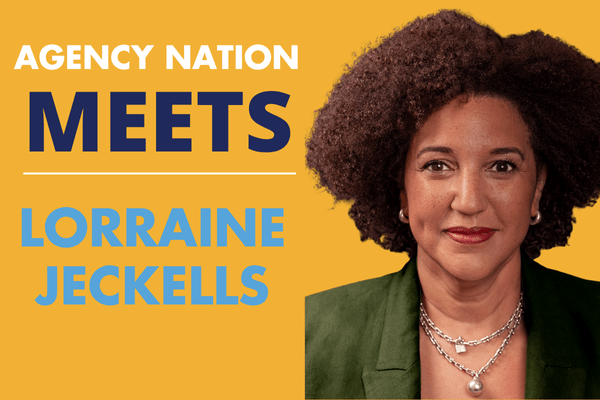Making Lemonade: Turning Compliance Data into Actionable Insights

By: AnneMarie McPherson Spears
From individual producer licensing by state to carrier appointments, regulatory compliance is a complex and ongoing process. And it’s getting even more complex, with constantly fluctuating state regulations and an increasing number of licenses per producer.
Previously, there were more resident than nonresident licenses. “And then in 2003, that crossed over and since then, non-resident licenses have been substantially higher than resident licenses,” says Allister Yu, senior vice president of operations at Rhoads, a compliance management software provider.
In 2020, nearly 7.9 million nonresident licenses were issued, compared to approximately 2.3 million resident licenses, according to the National Insurance Producer Registry (NIPR). “That just shows how many more licenses producers are getting,” Yu says.
“There’s just more data that needs to be managed from both the agent side and the carrier side,” Yu continues. “All of these licenses are being used to generate business, but that also means more paperwork, more processes and more things that you need to follow through with.”
For agencies, that leaves several questions, not least: How are you managing that data? And how are you tracking your licenses to make sure they’re active?
The answers to those questions are costly to get wrong. More than 41,000 fines were levied against producers by state insurance departments in 2020, adding up to $33 million in penalties, according to the National Association of Insurance Commissioners (NAIC).
With the new year on the horizon, the independent agency distribution channel must take advantage of growing opportunities to not only streamline their compliance but also reduce compliance costs and even improve sales efficiency.
“For 2023 and beyond, it’s really about how this compliance data is being managed and how these processes can be made more efficient and more effective,” Yu says. “Compliance costs money. You don’t want to be fined, but you do want to reduce the total cost of compliance.”
“The inverse of that is looking at how many licenses you have and scoring the appointments that you have and who you should be working with depending on what licenses are most productive for you,” he explains. “Compliance as a whole is growing, so how can you be more intelligent in respect to how you’re utilizing funds?”
The key is examining compliance data in light of sales and policy data, which is a page that agents can take out of carriers’ books. “We’re seeing a lot of carriers take these historically siloed pieces of data and combining them together to perform analytics on them,” Yu says. “That helps them identify a few things: What’s the most productive appointment? How can we start scoring the appointments that we have? What does the ideal producer candidate look like that we should market to?”
Agencies can take the same approach with their own data, but first, “make sure that you have your data by taking stock of what information you have,” he says. “Is the data you have valid? Is it being updated in a timely fashion?”
Yu emphasizes the importance of ensuring carriers are reporting appointment data back to the agency, especially with the growing trend of “just-in-time appointments” when a carrier contracts with an agent but waits to report the appointment to the state until the agent sends in business. “We see these happening more and more where the agent may not be appointed at the time of contract,” he says. “Is there a feedback loop from your insurance carrier that informs you when the agent is appointed?”
Once agencies are confident in the validity of their data, “start reviewing compliance data and policy data together to make determinations about the best place for the agency to focus resources,” Yu says. “Then, agencies can decide the most meaningful places to get licensed in and which distributors they should be working with.”
AnneMarie McPherson Spears is IA news editor.










